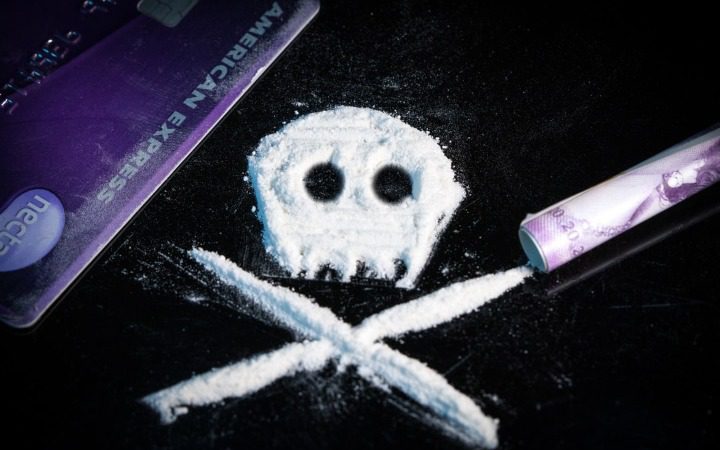A Safe Drug Supply Is the Only Socially Responsible Solution to the Overdose Crisis
The drug overdose crisis isn’t a criminal problem but a social problem, because it stems from society’s own poor decisions, and a safe drug supply, short of proper alternatives, is the only socially responsible way to cope with the problem.

The war on drugs has so far been about as successful as the war in Vietnam, for roughly the same reason: short of taking extreme and unconscionable measures, it is not winnable. Just like even burning the jungle with napalm and poisoning it with defoliant didn’t quite get the job done in Vietnam, so will the war on drugs fail, short of incinerating the global supply over areas visible from orbit, exterminating the drug lords worldwide, and lifting the Third World out of poverty.
So we need an exit strategy, however unpalatable it may be. The callous one would be to just ignore the problem, and blame it on users’ poor judgement, likewise ignoring the roots of the problem. I’ve been surrounded by drug addicts for the last five year and I’ve seen for myself what leads down the road of drug use and addiction, and it’s definitely not just socially unacceptable choices (though I’m willing to concede many embrace it just too wholeheartedly to be worth any sympathy). Frankly, I’ve realised that society is largely responsible for it and needs to clean up its own act. And if that means implementing a safe drug supply program, so be it.
So, what does drive ordinary people toward drug use? One is exposure as medical treatment, especially for pain. Many become addicted to opioid painkillers widely marketed by the pharmaceutical industry as safe, even though they kill thousands of people a year and can actually worsen pain. Many others are first exposed to ketamine or morphine during surgery. Or they were even prescribed fentanyl. Homeless people are routinely prescribed benzodiazepines, or Tylenol #3, which contains codeine. Then they move on to harder drugs like heroin when the effect wears off or when they can no longer obtain their medication.
Let’s put it bluntly: the pharmaceutical industry and medical establishment largely profit from making addictive drugs and is largely responsible for the problem. And it’s not just them: nearly everyone investing in mutual funds, if only for retirement, profits from it as well. One could even argue that the only ones who don’t benefit from it are the collateral damage.
And it’s not just pain. Conditions ranging from Post-Traumatic Stress Disorder (PTSD) to brain damage are prevalent among the homeless population, and these patients seek unconventional treatment for similar reasons.
Another factor is homelessness, which is itself a massive failure of public policy. Just try avoiding drug exposure when you’re on the streets or sleeping in a shelter. I myself continually have to breathe in “meth clouds” because they’re all over, and I’ve seen plenty of homeless people get into it because of this environmental hazard. And then I’ve already argued that the entire outreach apparatus perversely drives homeless people with invisible disabilities toward drug use as a way to cheat its own system, part of what I call the “disability plea deal”; I myself was advised and even pressured to do so.
Even among those with poor judgement, I see countless tragedies society is directly responsible for; let’s take residential school survivors, or abandoned psychiatric patients, for example. Go ahead and tell these victims that they have only themselves to blame for their own poor choices after they somehow survived everything a callous and predatory society has thrown at them only to emerge as empty husks devoid of life. While I still cannot approve of their choices, at least I understand it enough not to judge them too harshly.
The drug overdose crisis isn’t a criminal problem but a social problem, because it stems from society’s own poor decisions, and a safe drug supply, short of proper alternatives, is the only socially responsible way to cope with the problem. Think about that before pointing a finger to heroin addicts coping with excruciating chronic pain.
Discover more from Rulebreakers
Subscribe to get the latest posts sent to your email.



